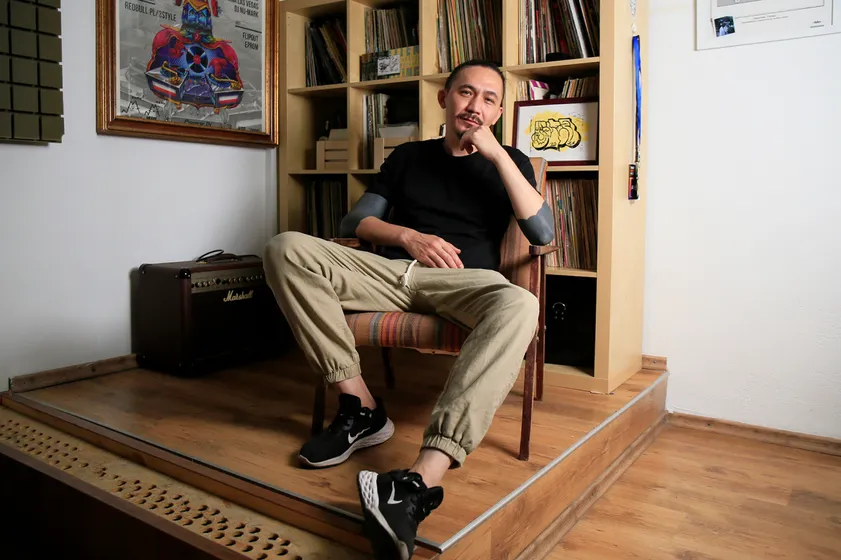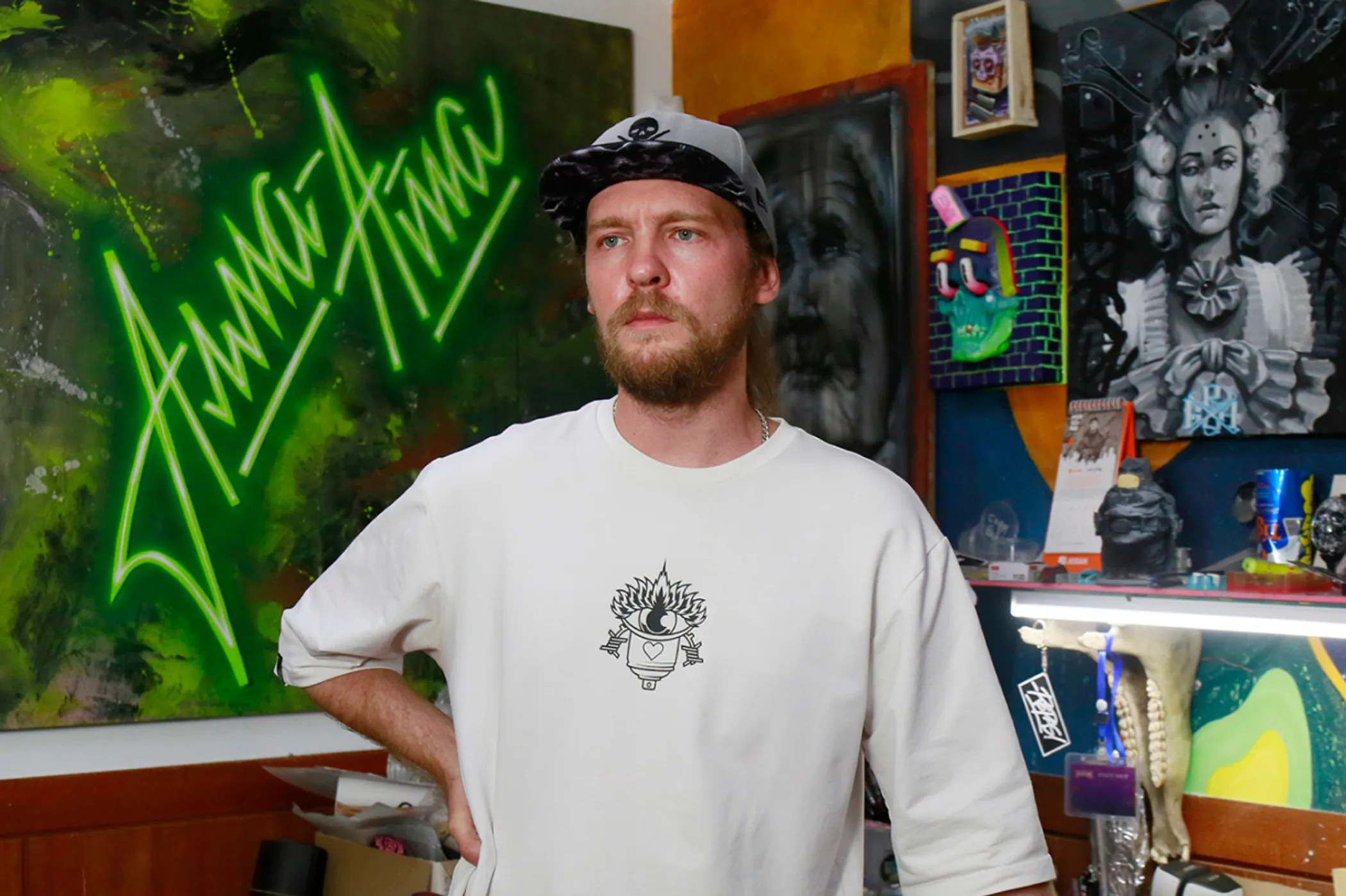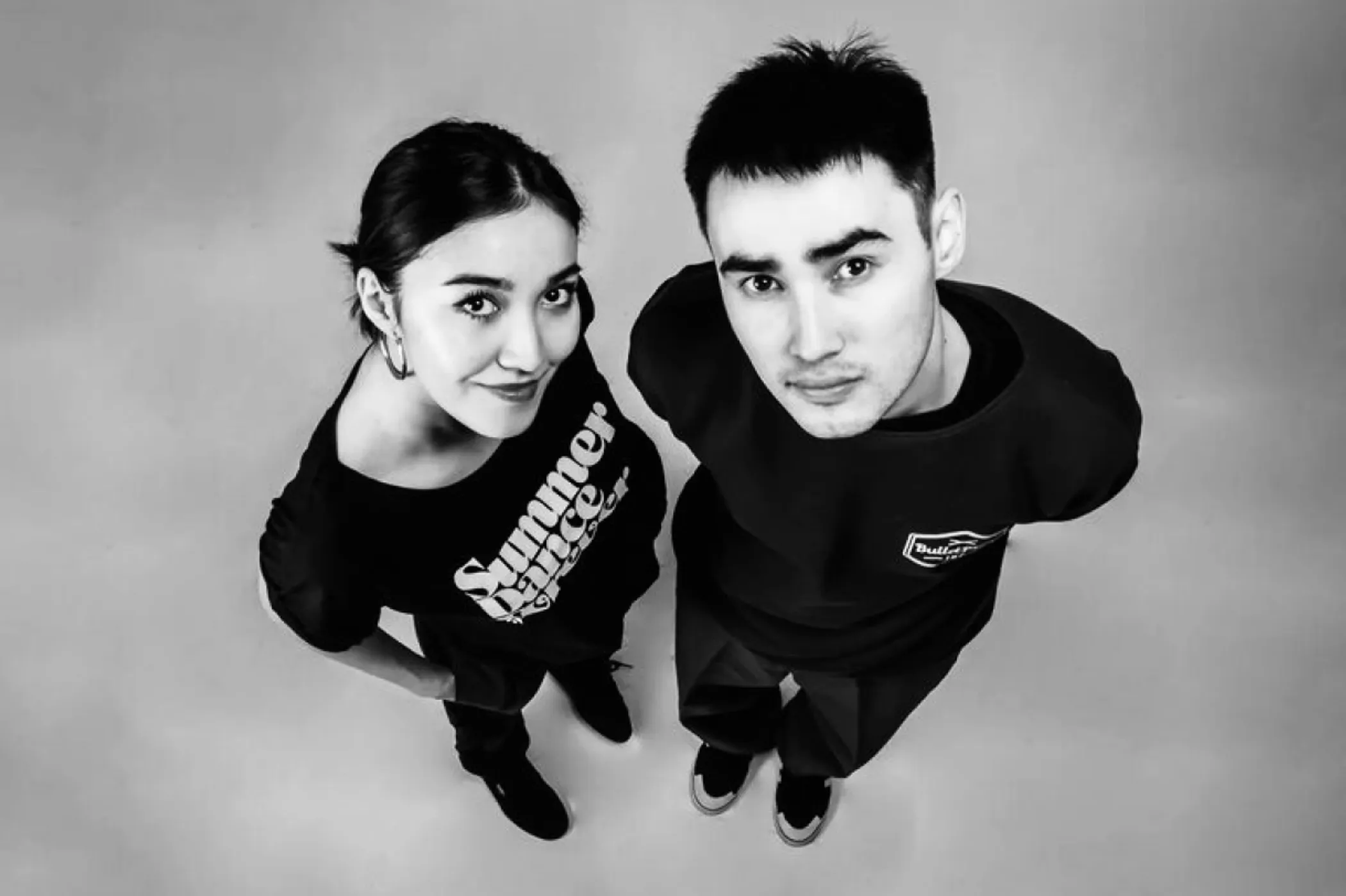If you are familiar with Kazakhstan’s electronic music scene, you’ve probably heard the name Timur Paltuyev aka Steppa-T, aka Kingsteppa a few times along the way.
With two decades in the industry (ten years as a pro), this turntablism guru boasts a heavyweight resume – Timur won the first Red Bull 3style DJing championship in Kazakhstan, not to mention his credit for shaping the early 2010s musical underground that defined Almaty’s club culture.
Frenetic sound-producing and sizzling beat-breaking ‘machine’ on a stage, a chill scratch nerd and ‘sensei’ of DJing in his studio, DJ Kingsteppa sits down with QazMonitor to discuss the local electronic music scene, what makes Kazakh hip-hop unique, and even mental health.

After so many years in the industry what does the DJ craft mean to you now?
It’s everything I have. It’s my life and it's a way of living as well. In fact, I have no weekends, no holidays... no working days either. It’s like Confucius once said: "Choose a job you love and you will never have to work a single day in your life." That's what DJing is to me.
From the outset it was pure enthusiasm which really goes back to the time when I hung out with tattoo artists a lot. I’ve always been into music, digging and sharing it. So we started throwing parties and stuff. That’s how it all got started.
As a mentoring DJ, why do you always place utmost importance on vinyl DJing, especially now, in a digital age?
I mean, vinyl is sort of a DJing benchmark, the origin point. But I don’t reject digital DJing as I incorporate that in my line of work as well. A DJ spinning a vinyl is the dopest thing, but if you can rock it digitally – it’s cool too. So technology brought so-called DVS (Digital Vinyl Systems) to the game. We use vinyl players as a controller, but we also use the computer as a source of music. You know, flipping vinyls is like driving a stick shift.
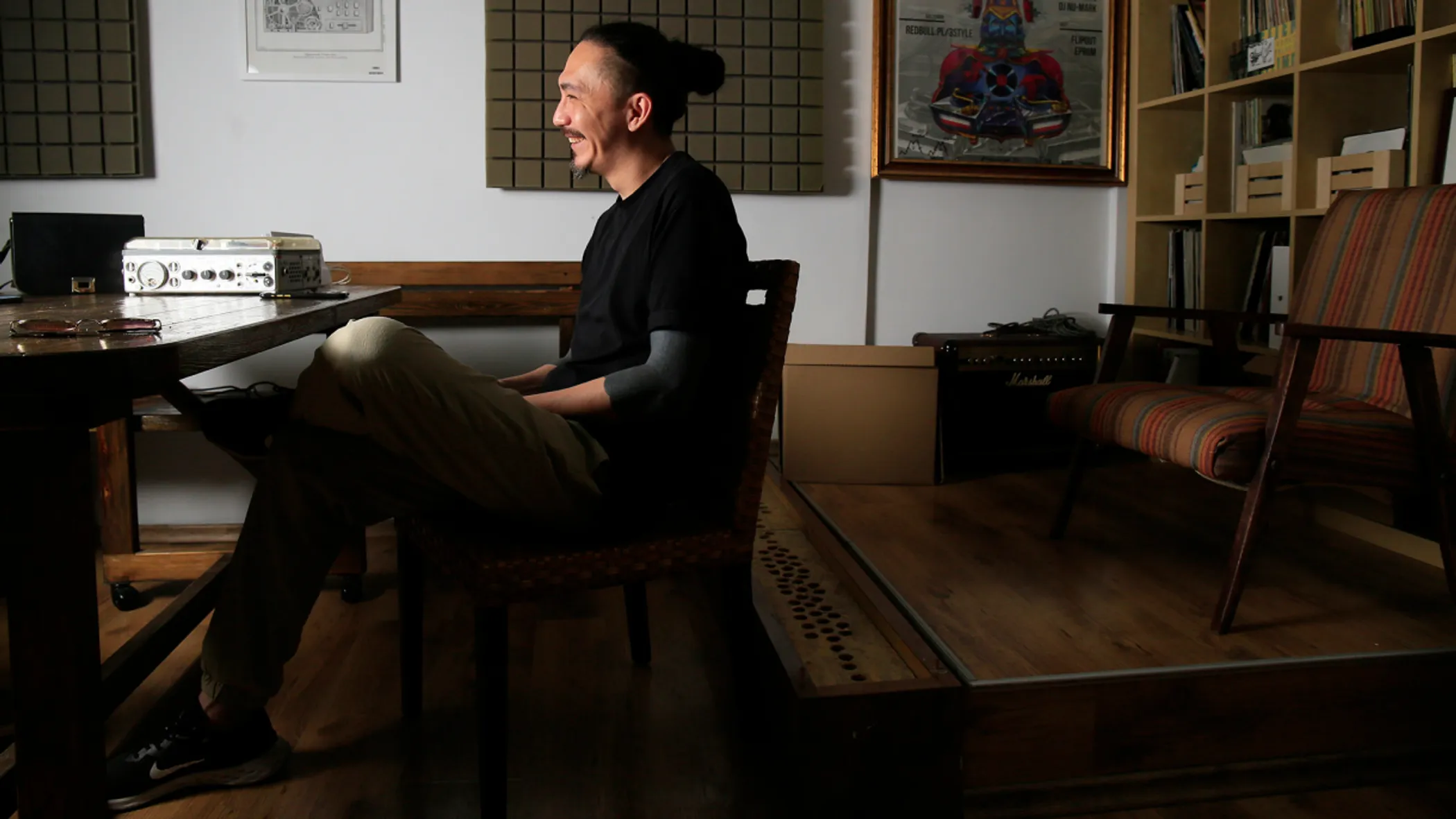
If you can drive a manual, you can drive any car. But if you only know how to drive an automatic, you have pretty much limited use. Give someone who plays digital a vinyl turntable, and he won’t be able to do anything with it. It all sums up to practice and zeal.
I mean, it’s all about having the skill set – rotation, pressure, say, manual dexterity that needs a certain amount of time to be polished. It's like playing a musical instrument. That’s what makes it special. That’s why I tell my students to start from the basics.
What do you think about the local DJ scene?
I really like what's happening right now. I think it's promising and more ‘engaging’ than the previous scene used to be. This is just my opinion, but I think when I started doing it professionally, the local DJing arena was controlled by a particular group of people. It was like a private member’s club. No matter how hard I tried, nobody took me seriously.
Soon after I became the person I’m today, people started reaching out to me. So when I gave [them] a piece of my mind, they owned their mistakes. And you know what, this took its toll on the whole community. It led to stagnation and price dumping - a DJ became a 'jukebox'. And now with the new generation pushing the envelope, developing the culture, and throwing parties, DJs have turned back into artists, who they truly are.
What about DJ battles in Kazakhstan?
Nobody wanted to take part in events like that back in the day. When you go to a battle, in fact, you are not trying to compete with someone or humiliate someone, you intrinsically try to win the battle with yourself to be the best self and come into your own. Last year we had the first mini-battle, and younger people really got interested. The new gen is not afraid to experiment and challenge themselves.
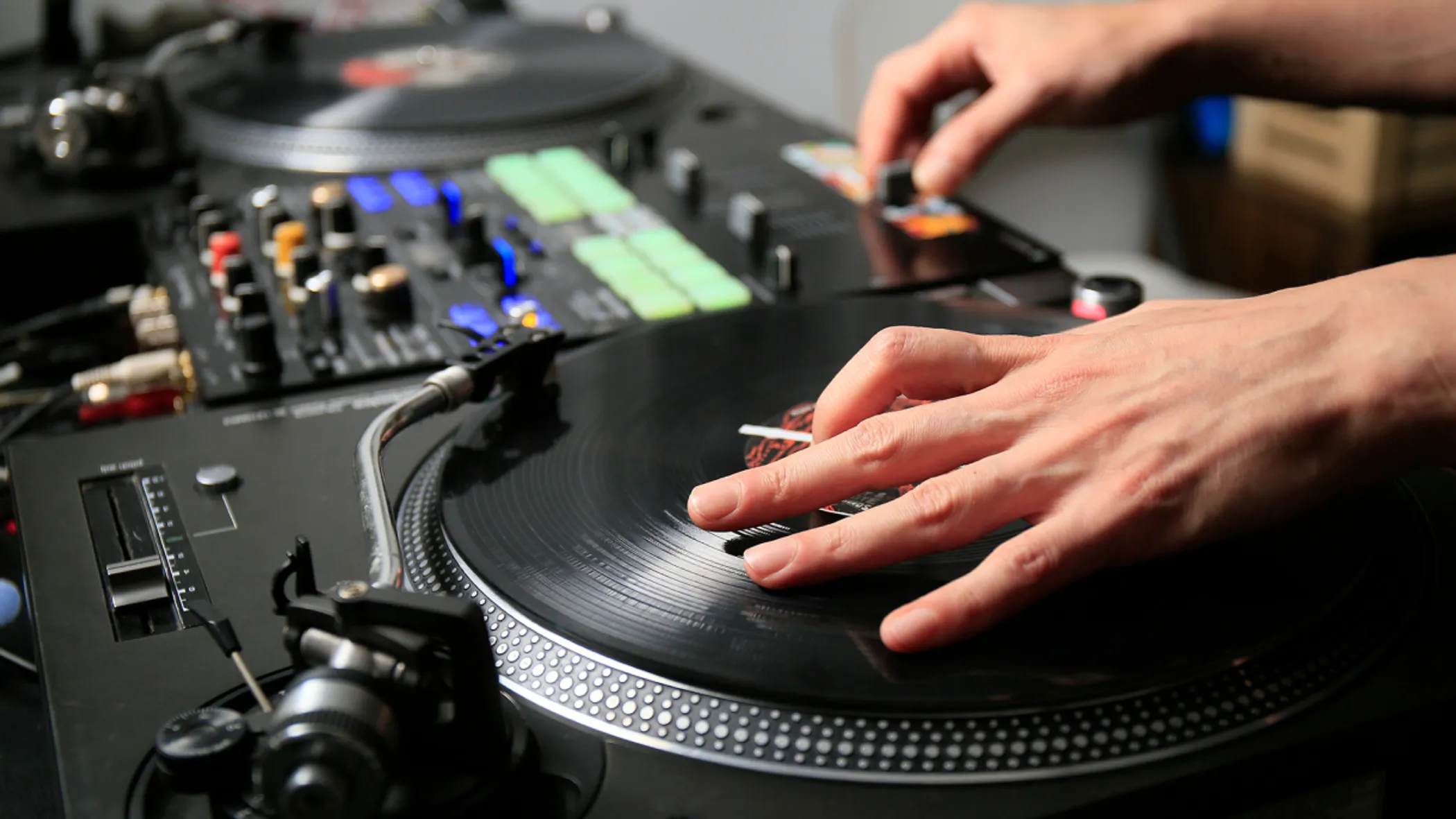
Currently a lot of Kazakh DJs started rocking the best world clubs and stages. What needs to be done to hold firmly its position globally?
This is about teamwork, avoiding greed, and embracing healthy competition, which lies at the heart of progress. There is no “I” or “they”, there is only “we”. And if we unite, experiment and share, we will strengthen our presence.
As a beatmaker, how do you feel about the contemporary Kazakh hip-hop scene and its identity?
Kazakh hip-hip definitely stands out from the musical clutter. It’s hands down out-of-category cool, as Kazakhstan manages to create something of its own. However there are some ‘copycats’ too, but it’s a common practice in the industry. Local hip-hop draws direct inspiration from the US but is reimagined in its own unique way. As for now, Kazakh hip-hop is known throughout the world.
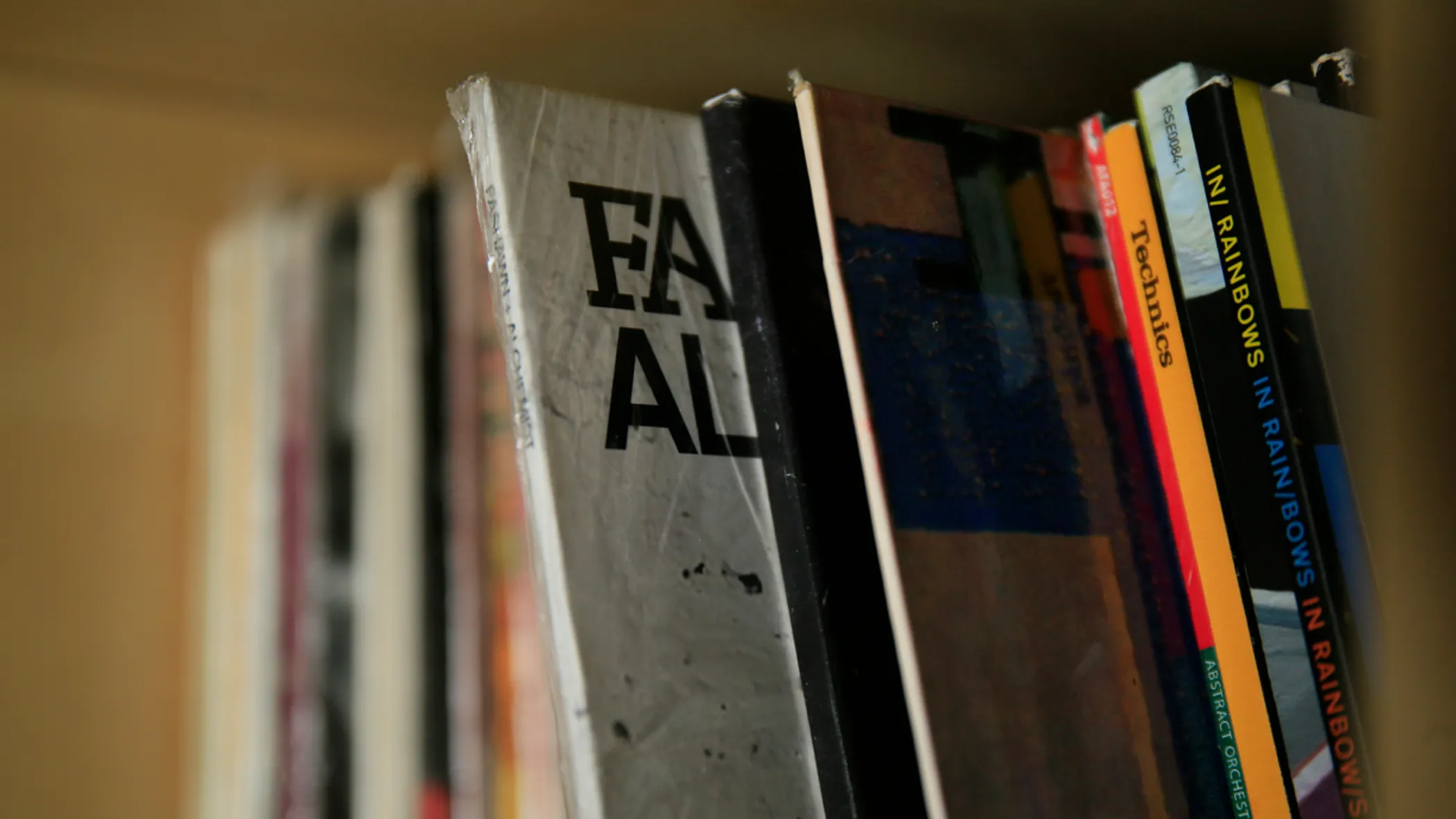
You've conquered many big stages. Is there a dream venue you would like to be a part of the line up?
It’s definitely Shambhala in Canada. I just love its format of some kind of wild forest party where psychedelic trance meets heavy electronic music meets simple quiet chill. Same thing goes for Notting Hill Carnival, but it’s more about reggae and dub. Also, I dreamt to get on a stage of iconic LA’s Low End Theory. But the project was shut down, so I’ve never made it.
When you play gigs at smaller venues, you feel that people really come to listen to the music, not just to have fun.
I don't know, festivals like Tomorrowland or Coachella have never excited me. Probably it’s not really my thing in terms of their format. I mean, as for me, these venues are cool to visit, but not to play at. Deep down inside of me, I hold on to more intimate setting styled venues to read the crowd emotionally and throw some crazy right stuff out there.
What do you get going on right now and what comes next?
I’d like to travel more and to play some gigs abroad. Before the lockdown I traveled around the world for quite a long time. So now I want to do more things on my terms. The plan is to tour Asia and visit all my friends there at the same time. Kind of mixing business with pleasure. [laughs]
Currently I’m working on a project on creating a sort of a space, the stomping ground where DJs and music savvies could hang out. On top of that, I want to put an effort to elevate the underground culture of Almaty and to bring new names into the fold.
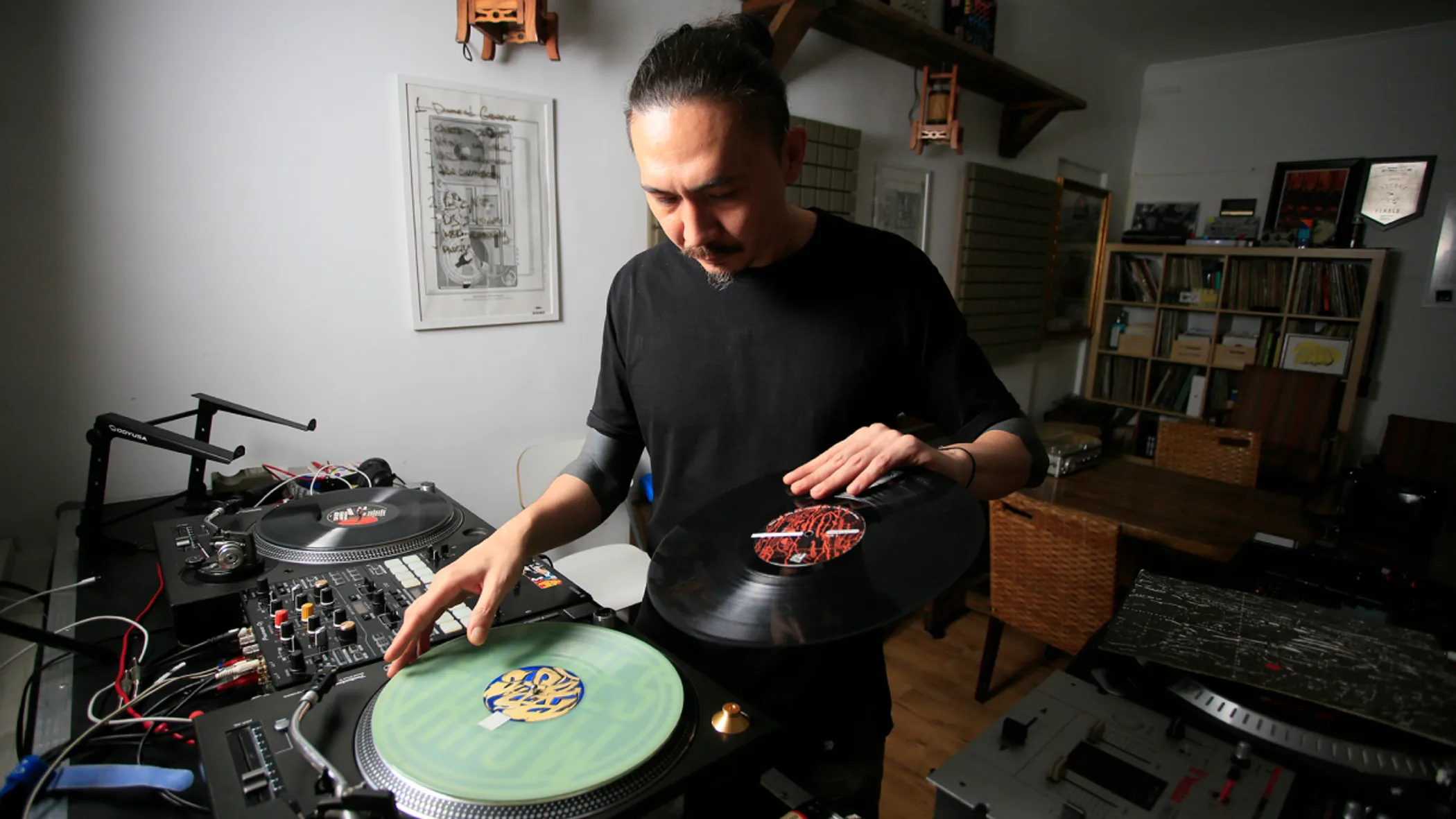
I really don't want to be that old DJ who is like, "Back in my day…”. No, every period of time is awesome. I'm happy with what's happening now.
And what is more, I’m taking more time for myself and for my creativity. You know, I’ve been teaching DJing for over 10 years and I realized that I started giving much more, spreading myself too thin. So I made it more exclusive, more narrowly focused. I don’t take too many students now.
Sometimes it’s not about teaching people the technical side of things, but just to give people a boost of confidence like ‘That it's okay, you can do anything if you just want to’. So I started to call it "DJing courses and therapy". [laughs]
So you are saying music can affect our mental health, right?
Absolutely. People come to DJing for therapy. They start playing music and get immersed into their groove. The art of DJing is about ‘here and now’. You simply can't think about your problems, riding the rhythm of the beat behind the deck. Because once you start doing that, you lose control of music.
Well, it is like meditation.
It is meditation…my own sort of kung fu. [laughs]
